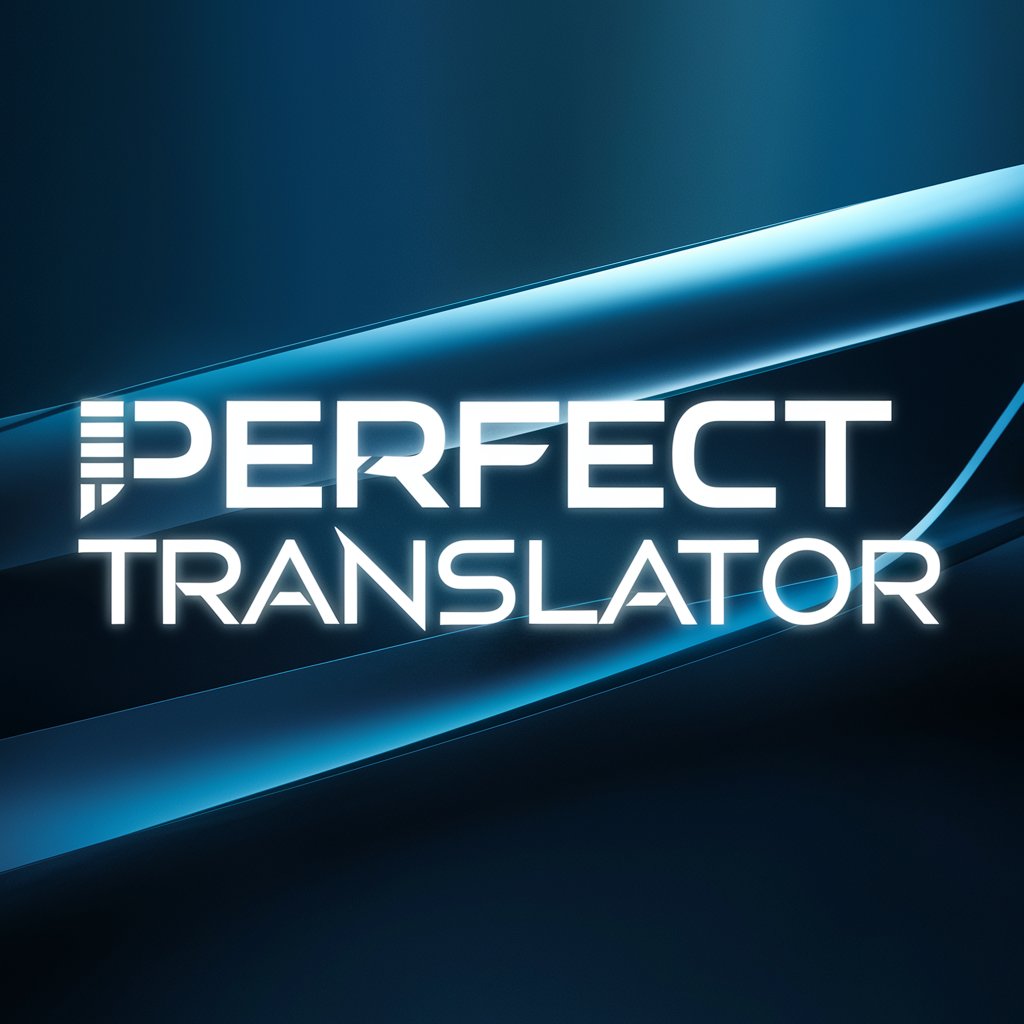In today’s global market, overcoming language barriers is crucial for business expansion. Reliable translation services are essential for effective communication with clients, partners, and customers. This blog post offers guidance on finding the perfect translator to ensure your message is conveyed clearly and accurately.
The Growing Importance of Translation Services
The significance of translation services has surged dramatically in recent years. With globalization on the rise, companies are reaching out to customers and partners across the globe, making effective communication more crucial than ever. According to a report by Common Sense Advisory, 75% of consumers prefer to buy products in their native language, indicating that language is a key factor in purchasing decisions.
This trend highlights the growing importance of high-quality translation in business operations and expansion. A well-translated document not only conveys your message but also reflects the professionalism and credibility of your brand. Conversely, poor translations can lead to misunderstandings, damaged reputations, and lost opportunities. For businesses looking to establish a foothold in foreign markets, investing in quality translation services is no longer optional; it’s essential.
In addition to breaking down language barriers, translation services play a vital role in adapting your marketing materials, legal documents, and technical manuals to fit local cultures and norms. By addressing these cultural nuances, you not only enhance your chances of success but also forge stronger connections with your target audience.
Understanding the Need for High-Quality Translation
Quality translation goes beyond mere word-for-word conversions. It requires a deep understanding of the context, tone, and intent behind the original message. Business owners and multinational corporations must recognize that high-quality translation is an investment that pays off in the long run.
One of the key reasons businesses require high-quality translation is to maintain brand integrity. Inaccurate or poorly translated content can lead to misinterpretation and tarnish the reputation you’ve worked hard to build. Additionally, using professional translation services ensures that your materials align perfectly with local regulations and standards, especially in industries such as healthcare, finance, or legal services.
Furthermore, as businesses expand internationally, they encounter diverse audiences with different cultural backgrounds. A translator who is well-versed in local customs and expressions will not only provide accurate translations but also ensure that your message resonates with the audience. This cultural awareness can help your business build trust and foster relationships with potential clients in new markets.
Factors to Consider When Choosing a Translator
Choosing the right translator or translation agency is crucial to the success of your international endeavors. There are several factors to consider when making your selection:
Expertise and Language Proficiency
First and foremost, it’s essential to evaluate the translator’s language proficiency. A good translator should be fluent in both the source and target languages, as well as possess a nuanced understanding of grammar, vocabulary, and idiomatic expressions. Look for translators who have relevant certifications or degrees in translation studies or linguistics.
In addition to language skills, expertise in the specific subject matter is vital. Different industries have their own jargon and terminologies, and a translator with experience in your field will produce more accurate translations. For example, medical documents require a translator with a solid understanding of medical terminology, while legal texts necessitate familiarity with legal concepts and practices.
Industry Knowledge and Cultural Awareness
Apart from language proficiency, it’s important to consider the translator’s knowledge of your industry. A translator with experience in your field will be able to grasp the complexities of your content more effectively, ensuring that your message is not only translated accurately but also conveys the intended meaning.
Cultural awareness is another key factor. A skilled translator should understand the cultural context behind the text they’re translating. This helps them avoid pitfalls associated with cultural misunderstandings and enables them to tailor your message in a way that resonates with your target audience.
Reputation and Reviews
Before hiring a translator or agency, take the time to research their reputation. A good starting point is to read customer reviews and testimonials. You can also ask for references from previous clients to gauge the quality of their work.
Additionally, look for translators or agencies that are members of professional associations, such as the American Translators Association (ATA) or the International Association of Professional Translators and Interpreters (IAPTI). Membership in such organizations often indicates a commitment to high professional standards.
Ways to Find and Evaluate Potential Translators
Finding the right translator may seem daunting, but there are several effective strategies to help streamline the process.
Online Platforms
One of the easiest ways to find potential translators is through online platforms that specialize in connecting businesses with language professionals. Websites such as ProZ.com and TranslatorsCafe.com allow you to browse profiles, reviews, and ratings for freelance translators and agencies. These platforms often provide filters to narrow down your search based on language pairs, expertise, and location.
Networking and Referrals
Don’t underestimate the power of networking. Reach out to colleagues, industry contacts, or friends who have experience working with translators. Personal referrals, or connections through language translation companies like those in Utah, can lead you to trustworthy professionals who have provided high-quality work in the past.
Samples and Testing
Once you have a list of potential candidates, request samples of their previous work to assess their translation style and quality. You may also want to conduct a small test by providing a short piece of text for translation. This will give you a clearer idea of their capabilities and help ensure they are a good fit for your specific needs.
The Importance of Clear Communication
Establishing clear communication is essential to ensure a successful partnership with your translator. Right from the outset, outline your expectations and project objectives. Be specific about the tone, style, and format of the translated material, as these factors can significantly influence the outcome.
Use a project brief to summarize your goals, target audience, and any other relevant information. This document serves as a reference point for both parties and helps eliminate misunderstandings. Keep the lines of communication open throughout the project to address any questions or concerns that may arise.
Encourage feedback from your translator as well. A good translator may have valuable insights about your content or target market, which can help refine your messaging. Cultivating a collaborative relationship will ultimately enhance the translation process and the final product.
Tips for Managing Translation Projects Effectively
Managing translation projects effectively is crucial for meeting deadlines and maintaining quality. Here are some practical tips to help you stay organized and ensure a smooth workflow.
Set Clear Deadlines
When you engage a translator, establish realistic deadlines for each phase of the project. Consider the complexity of the content and the translator’s workload when setting timeframes. It’s better to allow for extra time than to rush the process and compromise quality.
Use Translation Management Tools
Consider using translation management software to streamline the process. Tools like Smartling or Memsource help facilitate communication, manage workflows, and track progress. Such platforms can enhance collaboration and ensure that all stakeholders are on the same page.
Review and Revise
Once you receive the translated material, allocate time for review. This step is critical to ensure that the text meets your expectations and aligns with your original intent. Collaborate with your translator during this stage to clarify any points of confusion and refine the final output.
Conclusion
Finding the right translator is vital for supporting international growth and competitiveness. In a world that values effective communication, having a reliable translator or language partner can set your business apart. By considering factors such as expertise, cultural knowledge, and maintaining clear communication, you can ensure a successful partnership that enhances your global reach.






